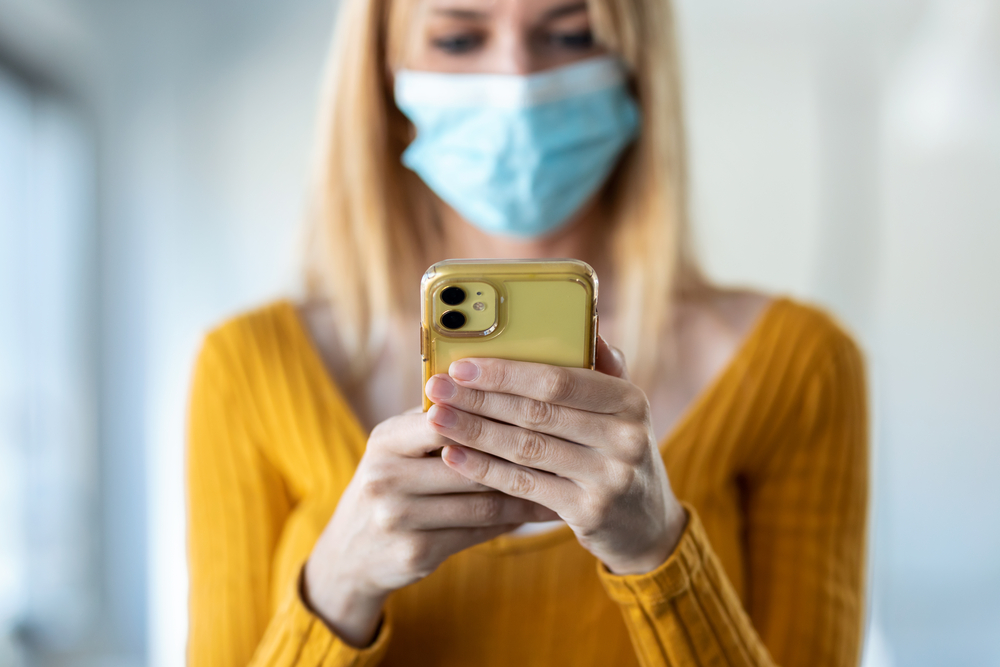There are many wellness benefits that CBD topicals can be used for. Some people use creams and salves to help with pain management. Patients may also use CBD topicals to help with post-surgical wound care and healing. 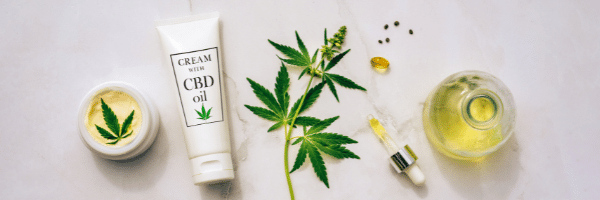
You can make everything from soaps to shampoos, bath products, lip balm to personal moisturizing, and lubricant oils too. Pre and post-menopausal women may also try CBD oil for dryness.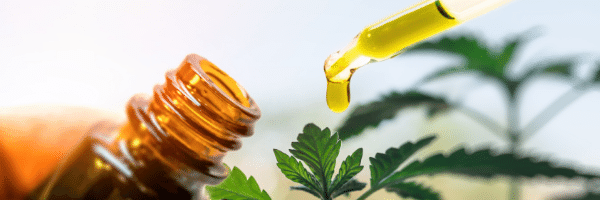
Some people swear by CBD toothpaste. You can also create your own CBD oral rinse. Learn more about “pulling oil” to help prevent tooth decay and improve the health of your gums. 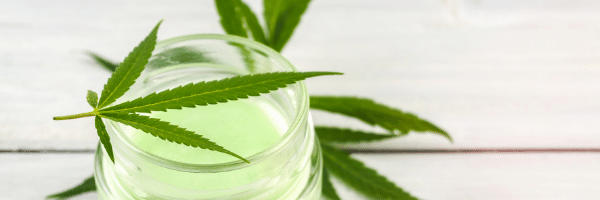
Pinterest has more recipes than you can count, and some that are rich in organic terpenes. You can add terpene concentrates to your CBD topical creams and oils, or raw organic herbs and spices like cayenne which can help with arthritic pain.
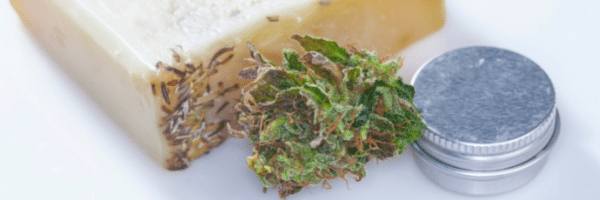
Making holistic and organic products at home for self-care? It sounds like a good idea. There is an infinite number of CBD and THC topicals recipes online. In fact, many people prefer to make their own topicals rather than purchasing them. It can be more economical, and you can adjust the potency and ingredients too!
In some states, patients with a medical card are allowed to grow their own cannabis at home. Even with restrictions to how many plants you can propagate, anyone that legally home-grows has quantity to play with. But if you don’t have a medical card, growing hemp outdoors is legal. You can cultivate and create your own topicals.
Let’s take a look at some of the most popular cannabinoid topicals. And some of the methods people use to infuse topicals with additional terpenes. Those natural plant extracts that could help you with localized pain relief, and even enhance your mood and reduce stress with aromatherapy.
One of the things the COVID-19 health emergency has taught us is to be more self-sufficient when it comes to self-care. And making these topicals at home (if you are comfortable in the kitchen and use some basic steps) can be a little bit of work, but also a lot of fun.
What Kind of CBD or THC Topicals Can You Make at Home?
If you have a little time on your hands, and some fresh cannabis and/or hemp bud, you can try to make some of your own topicals at home. Hemp can be more affordable to buy than cannabis. However, some people who want to make topicals look for deals on seeded hemp or cannabis. The seeded flower is extremely economical, and the seeds can also be decarboxylated and then crushed to make your topicals at home.
There are six main types of CBD and cannabis topicals.
1. Daily Skincare
Cannabidiol or CBD skincare products are very popular. You can find them everywhere since 2018 when the Farm Act federally legalized hemp. That made it possible for companies to legally produce and sell CBD topical creams, oils, and other cosmetic products.
There may be many benefits to using CBD as part of your skincare routine. Cannabidiol has powerful antioxidant properties. What this means is that applying full-spectrum or clinical grade CBD cream on your body may help combat free radicals. Another reason people take CBD wellness products, such as supplements. That could contribute to more youthful skin with fewer blemishes.
Cannabidiol is also a strong anti-inflammatory. Many skin conditions like acne, for example, are caused by inflammation. Symptoms of skin inflammation include redness, sensitivity, itching, and swelling. Sometimes skin inflammation can also be a reaction to certain prescription medications. Penicillin drugs, sulfa or sulfites, anti-seizure medications, allopurinol, and cephalosporin class drugs contribute to chronic skin inflammation.
There are also chronic health conditions that can contribute to skin inflammation. That includes vitiligo, scleroderma, psoriasis, lupus, and vasculitis. Some dermatologists recommend CBD creams to treat chronic skin conditions.
Also, if you are having some tattoo work done? A CBD tattoo cream can help soothe inflammation and promote healing. And it can also help you keep your body art moisturized.

2. Bath and Shower Products
If you have used CBD skin creams successfully, you may also enjoy using them when you shower or take a bath. One of the most popular products is CBD bath crystals or bath bombs. You can soak in a cannabidiol-rich bath, which can help soothe dry, cracked, or irritated skin.
Some people also swear by CBD shampoos and conditioners. As we get older, our hair follicles can start to weaken and grow more slowly. If you have long hair, you can find that it becomes drier or brittle. But CBD-rich hair products can be a solution for people with damaged hair.
One of the reasons that CBD products may be better for your hair is not what is inside the bottle. But more like what is NOT inside the bottle. When shampoos are made with CBD, they tend to be organic. That means free of sulfides and other chemicals normally found in drugstore brand shampoos and conditioners. And that can be better for your scalp (if you have dry scalp or dandruff) and less damaging to your hair.
3. Salves, Balms, and Oils
Some patients swear by the effect and THC-infused topical creams. It’s no surprise that the Food and Drug Administration (FDA) says more research is to be done on CBD topicals. But patients that have chronic pain sometimes find that the creams help reduce discomfort.
Salves and balms will often contain terpenes. When you decarboxylate cannabis or cannabidiol, you lose a lot of the natural terpene content. But you retain the cannabinoids. Dispensaries that manufacture clinical-grade skin topicals often add extra terpenes after the heating process is completed. And some terpenes can have strong analgesic properties.
If you are shopping for an excellent topical or you are looking to make your own and augment your homemade topicals with terpenes, here are some types with believed medicinal benefits:
a) Linalool
Linalool is that floral note in perfumes and found in highly pleasing plant scents like citrus, lavender, or mint. Not only does Linalool have the potential to help with inflammatory pain, but it can also have aromatherapy benefits. It can reduce anxiety.
b) Limonene
What smells better than citrus? That is Limonene, and your body loves it. The limonene terpene can help stimulate the immune system and may help fight inflammation. Just under 10% of cannabis strains that are top sellers have this lemony terpene content. And it may also help relieve symptoms of stress and depression with its aroma.
c) Pinene
When you breathe in fresh rosemary herbs or evergreen trees, pine or orange peels, you take natural pinene. It’s so common and present in many different types of plants and trees. Pinene is also believed to offer some medicinal relief of inflammation and pain when applied topically.
d) Myrcene
Also sometimes called beta-myrcene, it is the dominant terpene in half of all marijuana strains. The scent is earthy and slightly spicy. There was a study published in December of 1990 that reported myrcene might have been effective at relieving pain in mice. There have also been other studies that reported the same findings.
5. Dental and Oral Hygiene
If it can be good for your skin, it might be great for your gums. Did you know that bacteria cause tooth decay? Your mouth is full of several types of bacteria, including Streptococcus mutans (that nasty strep throat bug).
The anti-inflammatory and antioxidant properties of cannabidiol (CBD) could help reduce tooth day and improve oral health. There are toothpaste and oral rinses and even remineralizing tooth enamel powders available from retailers. Some people also ‘pull oil’ with full-spectrum CBD tinctures.
Pulling CBD oil for oral health involves putting a small amount of CBD oil in your mouth. And then you swish it and force the oil between your teeth with pressure. Some oral CBD tinctures have added terpenes and minerals to help strengthen tooth enamel and fight decay between the teeth.
Selling and buying terpene concentrated extracts isn’t illegal. Pure terpene extracts can be expensive. But watch out for ‘fake products.’ The first clue is in the price. A distilled terpene product will not be $2.99 at your local tobacco shop or gas station. And you want the “good stuff” for best results. Do your research online to find a reputable brand that uses safe extraction processes (with no heavy metals or harmful chemicals).
Don’t forget the outside of your mouth! Dried and cracked, sore lips? You can make your own CBD lip balm and even tint it or flavor it. Better than store-bought (because you know what goes inside it).
6. Personal Lubricants and Massage Oil
Intimate oils are good for both recreational use and maintenance. The moisturizing, anti-bacterial, antioxidant, and soothing benefits that CBD can provide makes it ideal to use in personal places. Despite some rumors, the CBD doesn’t break the skin blood barrier.
Which means that none of your tender areas are going to experience a cannabinoid buzz. But it can make sex more comfortable for women who experience menopausal or pre-menopausal vaginal dryness. And some women have also suggested that using CBD lubricants can help with post-pregnancy healing. Including the surgical site for a c-section procedure. It may help reduce scarring, infection, and discomfort.
Make CBD Topicals as a Natural Analgesic
Various clinical studies worldwide have suggested that cannabidiol (CBD) cannabinoids may offer health benefits. Some of those benefits include acting as an anti-inflammatory, and an analgesic (pain reliever). Other studies suggest that CBD could help improve circulation when absorbed into the skin and promote cellular regeneration. Think anti-aging serum.
Cannabinoid topicals don’t enter the bloodstream. So, the average person using CBD creams or oils won’t test positive for cannabinoids. Unless they are using a lot of CBD and THC topicals. But what is rubbed onto the skin usually does not break the blood barrier.
CBD topicals can help with pain, swelling, itching, dry skin including conditions like psoriasis. Some studies suggest that cannabidiol can also be effective to help reduce involuntary muscle spasms.

The Basics for Making a THC or CBD Topical Cream or Oil
You are going to need a few things in order to make your own THC or CBD (or hybrid) topical at home. You are going to need decarboxylated cannabidiol (CBD) flower. And THC if you plan to make a combination topical.
Every cream, salve, or oil has a base. That can be beeswax, coconut oil, shea butter, or aloe gel, depending on the recipe you use. Many people add high-potency terpene concentrates to their topicals as well for additional potential benefits, including aromatherapy and anxiety relief.
If you don’t have access to concentrated terpenes, you can consider organic ones, like certain herbs (rosemary), or florals (rose petals) or dried ground citrus rind (like lemon or orange). Cayenne spice is also a popular additive in salves or topicals used for treating arthritic pain.
You’ll need an oven to decarboxylate your cannabidiol (if you have raw CBD flower or THC bud). Parchment paper helps make sure nothing gets lost or stuck on your baking sheet. Many people use a crockpot to condense natural ingredients and infuse CBD and/or THC into oils or creams. It can take longer with a crockpot, but it lowers the risk of burning your ingredients.
If you thought the smell of burnt toast was bad, you don’t even want to smell what burnt bud smells like in your kitchen. If you can’t watch your concoction carefully, opt for the slow cooker and mason jar methods. Less haste but definitely less waste (and stress).
Getting Recipe Inspiration from Pinterest
What better place is there to find organic, and amazing recipes to make CBD topicals than Pinterest? You better believe there are thousands of recipes for topicals on the social network. The best part is that you know they are tried and true. And the comments on Pinterest can also help you avoid some of the pitfalls as you are learning to make your own topicals.
To help you get started, here are some really innovative and unique recipes we found for CBD topicals on Pinterest:
- Tattoo Balm
- CBD Pain ‘Bee’ Gone Salve
- Face Masks Infused with CBD
- Peppermint and CBD Body Wash
- Exfoliating Coffee and CBD Soap Bars
- CBD Infused Foot Cream
Half of the fun is looking online to make CBD topicals and find recipes. Remember to pay close attention to the storage requirements for your creams, oils, or salves. When you find a recipe you like, you should see a storage estimate. Or approximate expiration date for your CBD oil, cream, or salve.
If you are making a variety of different homemade CBD topicals, put a small sticker on the bottom of each container or jar to indicate a date when you should discard your DIY CBD topical.
Featured Images (Canva)




